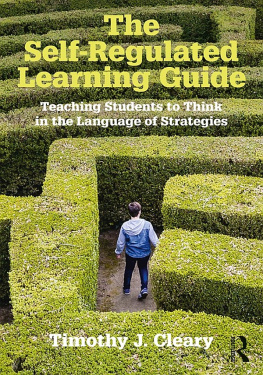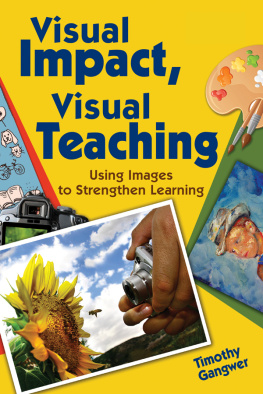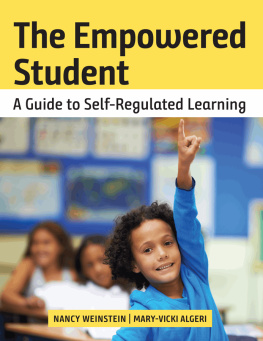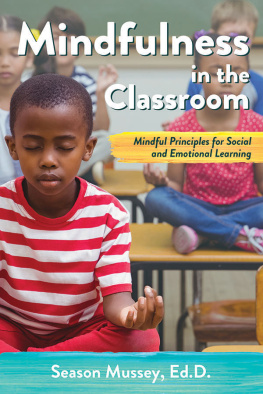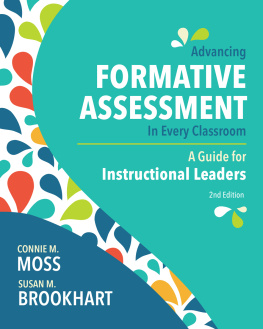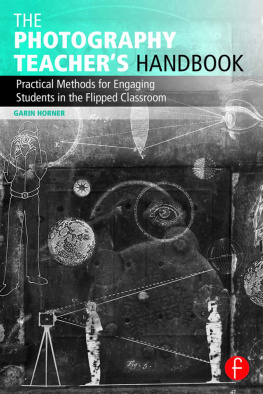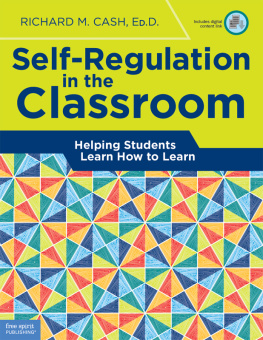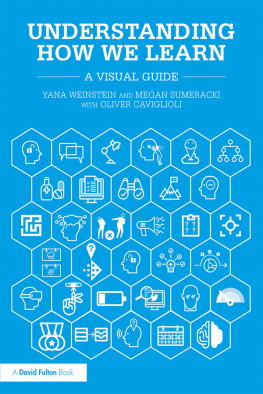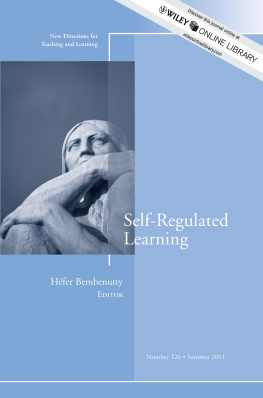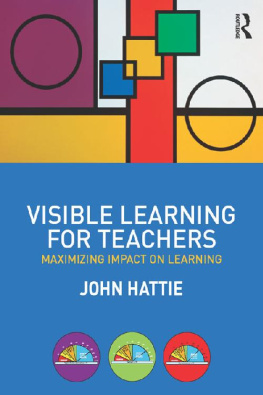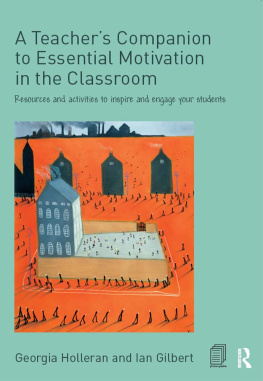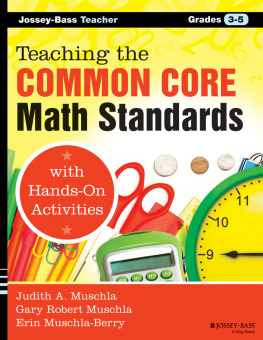Dr. Timothy J. Cleary is an Associate Professor in the Department of School Psychology in the Graduate School of Applied and Professional Psychology (GSAPP) at Rutgers University, USA. His primary research interests include the development and application of self-regulated learning (SRL) assessment and intervention practices across academic, athletic, and clinical contexts. Dr. Cleary has published over 40 peer-reviewed journal articles and book chapters along with two edited books, specifically addressing SRL topics and applications. Dr. Cleary teaches courses in academic assessments and interventions, learning disabilities, and SRL practices, and provides professional development workshops to teachers and administrators in K-12 and college contexts. He also actively consults with educators and scholars around the world regarding the application of SRL principles.
Many personal milestones and achievements are a function of the support and guidance that one receives from others. The publishing of this book was no exception.
To my parents for instilling a sense of self-discipline and self-regulation during my childhood.
To Professor Zimmerman a mentor and friend who gently laid the foundation for my professional pathway and career.
To my SRL colleagues and friends you have all shaped and guided my thinking about SRL principles and applications to real-world contexts.
To my current and former graduate students my understanding of SRL continually deepens from your insights and contributions to our research projects.
To Caroline Gergel, Katie Zimmerman, and Heather Bryer your comments and feedback on earlier versions of this book were incredibly helpful.
To my family, my wife, Deborah, and my two boys, Benjamin and Maximillian your presence in my life inspires me to become the best person that I can be.
I believe with all my heart that the American classroom teachers are one of our greatest and most heroic treasures.
Patricia Polacco
Teaching represents one of the most underappreciated yet influential professions in our society. As Patricia Polacco noted, many teachers are viewed as heroes that is, people who do courageous things or who act in noble or magnanimous ways. Although people may define a hero teacher in different ways, I have typically admired those who are able to effortlessly cultivate warm and supportive classroom environments while simultaneously dealing with the complex and overwhelming aspects of being a teacher.
In addition to dealing with typical classroom management issues, class prep work, and grading, teachers must be able to flexibly adapt to changing policy and curriculum initiatives, such as No Child Left Behind, Common Core standards, or Next Generation Science Standards. To keep up with these changes, teachers are asked to attend professional development workshops and then incorporate these new ideas (often immediately) into their teaching. When one also considers the burden that school-wide standardized testing and unanticipated disruptions (e.g., school closings) place on available instructional time, teachers are often forced to come up with creative ways to adequately address the curriculum.
Along a similar vein, it is frustrating for many teachers because of the constant barrage of messages they receive from administrators, researchers, and policy makers about what and how they need to teach. To be honest, I was nervous when first deciding to write this book because I thought I would be viewed as just one more person in this long tradition of telling teachers what they need to do. If I were you, I would probably approach this book with some degree of skepticism and caution, asking myself, What extra things will the author be telling me I need to add to my instruction? , Isnt SRL similar to other things that we already do in the classroom? , or perhaps even, Is SRL just another fad or another short-term trend in education? From my perspective, all of these questions are legitimate and fair.
To address these concerns, let me start by stating that SRL instruction is certainly not a fad or a superficial hot topic. It is also not another swing in the educational pendulum that is so common in schools. The reality is that, regardless of age, skill level, gender, ethnicity, home environment, etc., all students will encounter situations that are challenging and difficult. That is, situations that require students to persevere and persist, to remain positive and resolute in the face of failure, and to adapt or change their behaviors when not performing successfully a set of skills that collectively embodies the term self-regulated learning (SRL) .
In this book, I do not tell you things that you must or have to do in order to become an effective teacher of SRL skills. I am confident that most of you are all well-trained teachers who know more about teaching K-12 students than I do. What I am attempting to do in this book, however, is to flesh out the meaning of SRL and to offer some tips and recommendations regarding how you can directly infuse SRL ideas and principles into your classroom lessons and activities.

